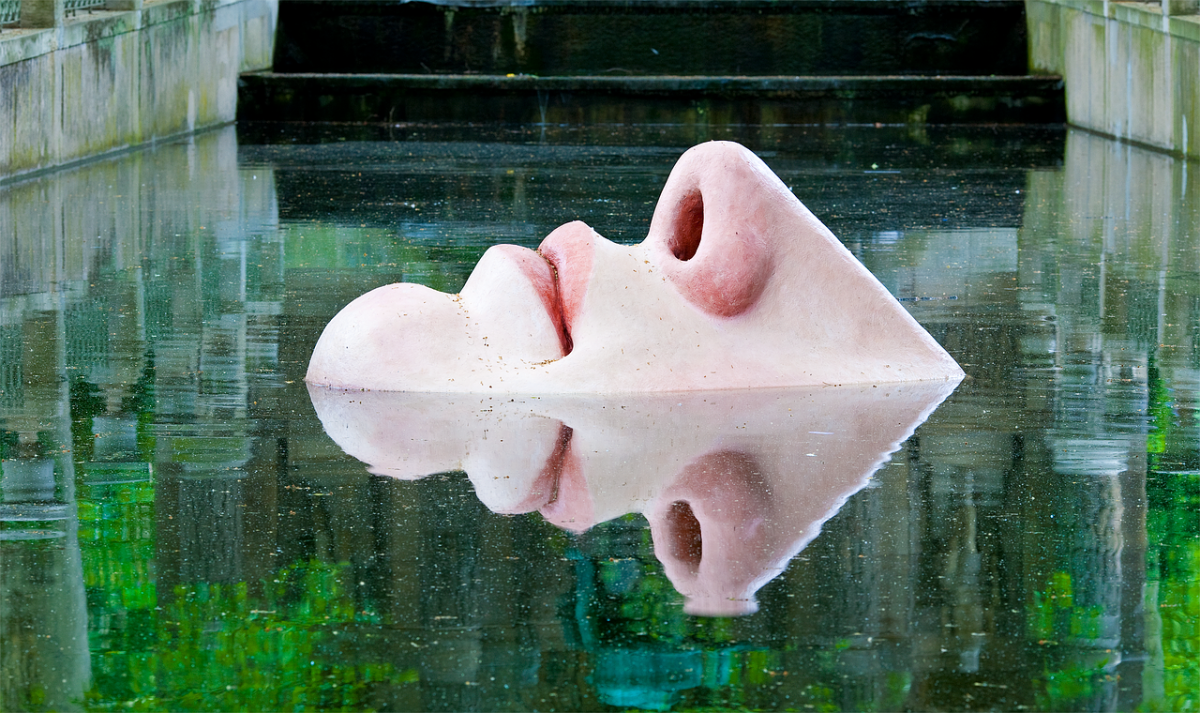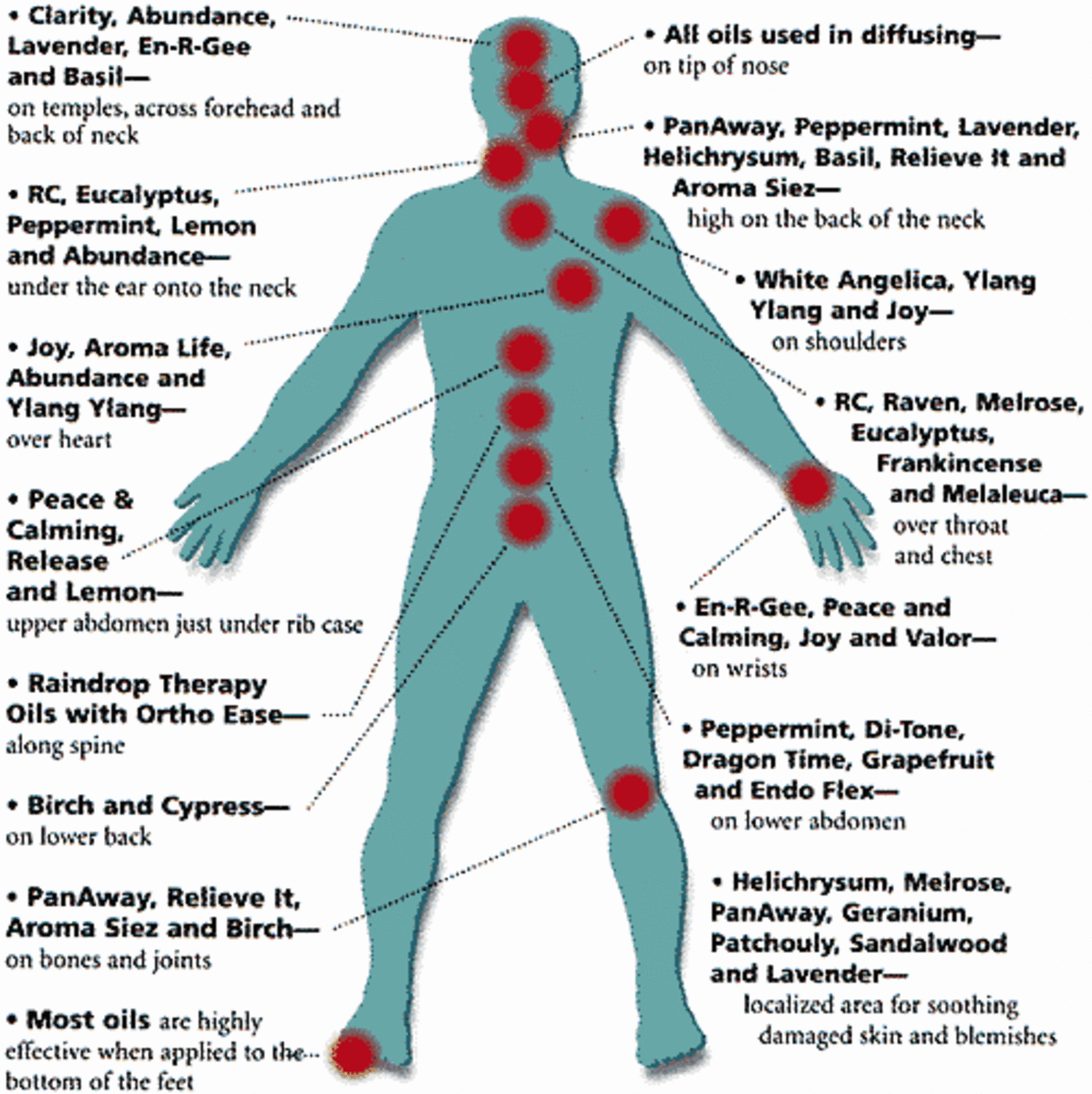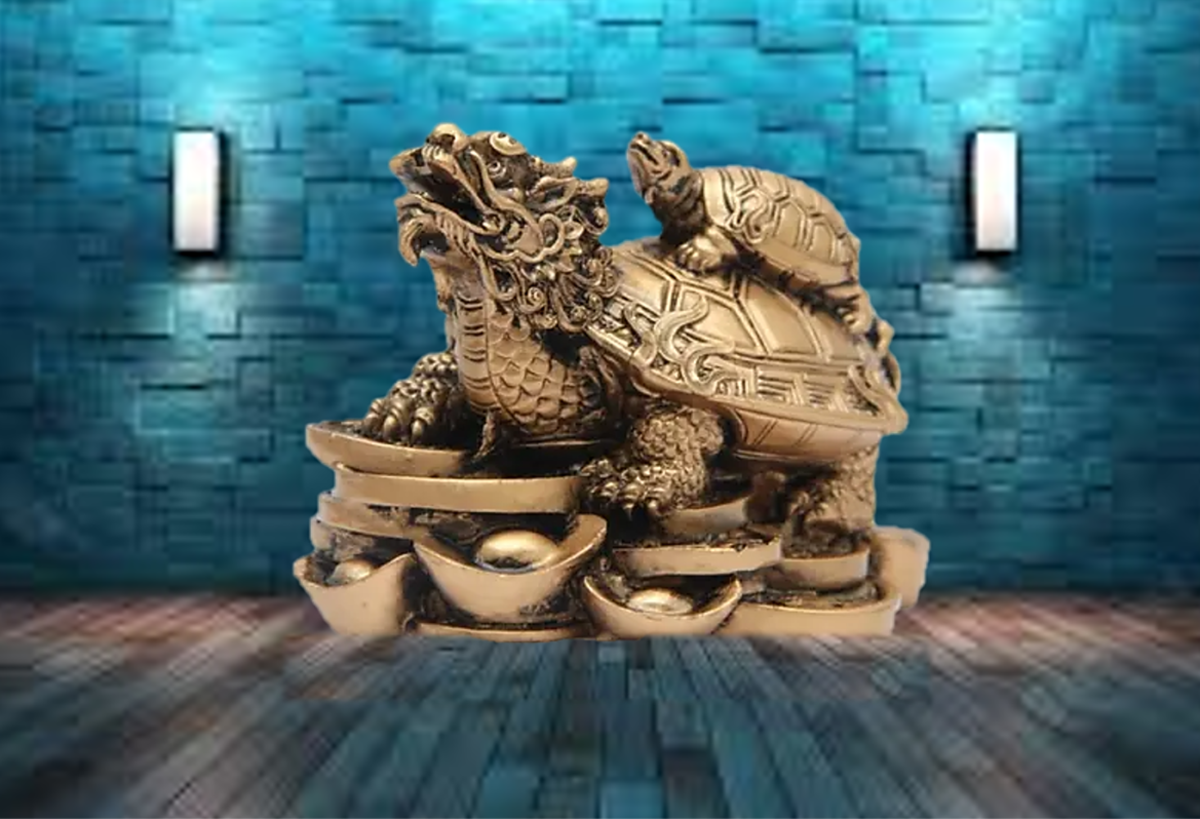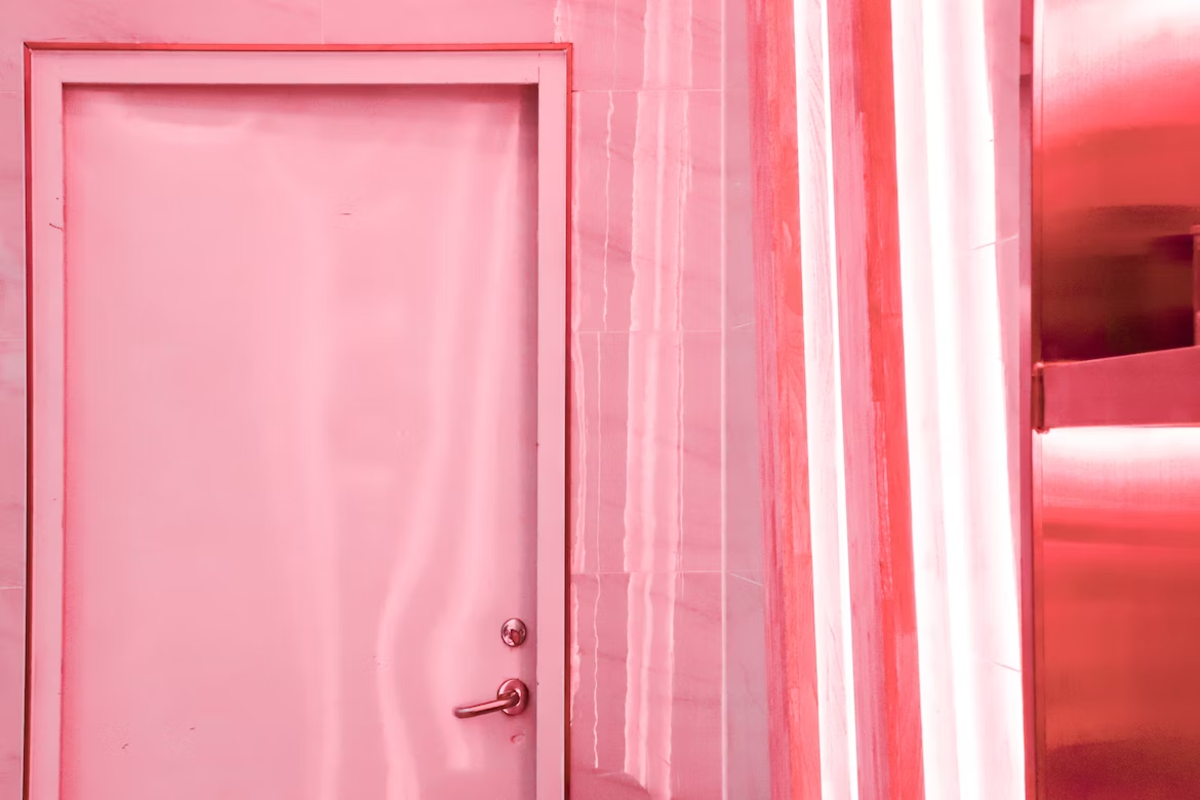The Use of Aromatherapy in Feng Shui
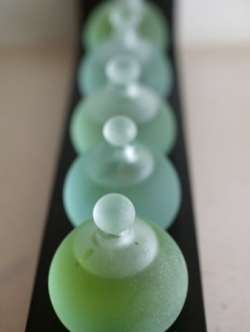
How Does Aromatherapy Fit Into Feng Shui?
Feng shui (literally translated "wind" and "water") is the ancient Chinese art of intentionally using objects, colors, and other elements in an environment to manipulate the flow of chi and thus create a space full of positive energy that attracts harmony and prosperity.
Aromatherapy is an ancient healing art (now considered an alternative medicine) that uses volatile plant compounds (essential oils) and other aromatics to positively alter a person's mind, mood, or health.
How do they fit together? Feng shui changes the environment to create inner changes. How a place smells is part of the environment. Furthermore we know that certain fragrances uplift and others cause illness (I bet you know someone who's had a perfume-triggered headache). Therefore, the intentional use of scents in your environment can be a powerful component of feng shui practice.
Clearing Negative Scents and Negative Chi
Okay, I see how aromatherapy works together with feng shui. What do I do first to have a home with smells that help my health and aspirations?
The first step to feng shui aromatherapy is to identify sources of negative chi that come from smells and cleanse the environment of them.
Foul smells like rotting garbage can cause illness, as can especially strong smells like an overdose of perfume. Symptoms may include cough, headaches, nausea, difficulty breathing, asthma attacks, and other respiratory and body symptoms.
Does your home or office contain any smells that make you cringe? Find the source and take measures to remove the cause. Once the area is rid of the source clean the area thoroughly to prevent smell-causing bacteria to retake residence. Is a very strong but otherwise pleasant scent distracting you from work or even causing breathing difficulty? Get rid of these immediately. Switch to a weaker smelling candle or incense; ditch the plug-in; and don't be afraid to tactfully explain to your coworker or family member that the strong scent of their perfume, cologne, candle, or food garbage is overwhelming and distracting (always present a solution when bringing up a complaint).
Additionally, any scents have negative memories and emotions associated with them produce negative chi for that person; bad memories generally override what would otherwise be a positive effect of a fragrance, so don't use them.
It's imperative to find the cause of unpleasant odors and dispose of them immediately if you want to work and live at your best.
Live and work at your best. Replace unpleasant odors with fragrances that work for you.
Fragrances, at a pleasant strength, can have a positive effect on the mind and body. For example, mint stimulates the mind, laurel provokes inspiration and enhances mood, and rosemary, lemon, and laurel make the body feel more confident. You can add these and other fragrances to your environment in a number of ways. Some of the most common (other than air fresheners) are:
1) Scented Candles Perhaps the most popular method of scenting air, due to their pleasant ambiance, is burning scented candles. The best aromatherapy candles are made of soy or beeswax and lead-free wicks. Soy candles release 90 percent less soot into the air than petroleum-based wax candles, and breathing in this soot is counter-productive to fostering a healthy body.
2) Diffusers Often very decorative, diffusers usually use wooden sticks sitting a fragrance oil to diffuse a scent into the air.
3) Incense Though not recommended for homes with birds, pet rats, asthmatics, children, and others with sensitive respiratory systems due to the smoke and soot released into the air, burning incense is a popular way to add aroma and ambiance to a room.
4) Wax Tarts When used with an electric warmer, wax tarts release no soot into the air but do release fragrance.
5) Fragrance Oils Though not to be confused with essential oils, fragrance oils are scent components mixed with a carrier to pleasantly add fragrance to the room when used with diffusers, oil warmers, ceramic or terracotta oil rings, and other methods.
5) Essential Oils Essential oils, in particular, are very versatile. Put a few drops in your shampoo or bath water for bath time therapy, mix with a vegetable oil for massages, use them to make your own soy candles and wax tarts, or mix with water for a room spray or roller bottle application. Make sure any essential oils you buy are "100 percent" or "pure" essential oils, preferably organic. Stores should sell oils in dark tinted bottles to protect from light. Prices should vary from oil to oil, too, just as do their ingredient herbs and spices.
A List of Common Fragrances and Their Aroma-Therapeutic Applications
Basil concentration, headache and migraine relief, sinus pain relief, and relief from upset stomach
Cedar courage
Chamomile relaxation and eases nervousness
Cinnamon energy, awareness, and relief from indigestion and insomnia
Eucalyptus openness, clarity, decongestant, relief from asthma and sore muscles, promotes healing
Geranium receptivity and security
Ginger energy, relief from nausea, arthritis and cough
Grapefruit revival, spiritual lightening, antiseptic
Hyacinth helps overcome grief
Hyssop purification of the body, relief from cough and sore throat
Jasmine relaxation, desire, love, harmony, promotes sleep
Laurel insight, inspiration, and confidence
Lavender ease in self-expression, calmness, anxiety relief, and stress relief
Lemon energy, confidence, and antiseptic
Orange energy, joy, optimism, and adaptability
Mint mental stimulation, energy
Peppermint creativity, attentiveness, energy, relief from fatigue and muscle aches, decreases appetite, nausea relief
Nutmeg energy, relief from sleeplessness and indigestion
Pear groundedness and steadiness
Rose spiritual strength, love, calmness
Rosemary confidence, longevity, headache and upset stomach relief
Sage memory improvement
Sandalwood unity, spiritual harmony, stillness, relaxation, and relief from depression
Tea Tree anti-inflammatory, relief from shock and hysteria
Vanilla desire, love
Ylang Ylang euphoria, sensuality, desire, love, depression relief
How To Create Your Own Aromatherapy Blends - How-To Videos on YouTube
Visit my site
LuckyRatFengShui.com for feng shui products including Zen fountains, money trees, gem trees, hanging crystals, Buddha statues, and more.

